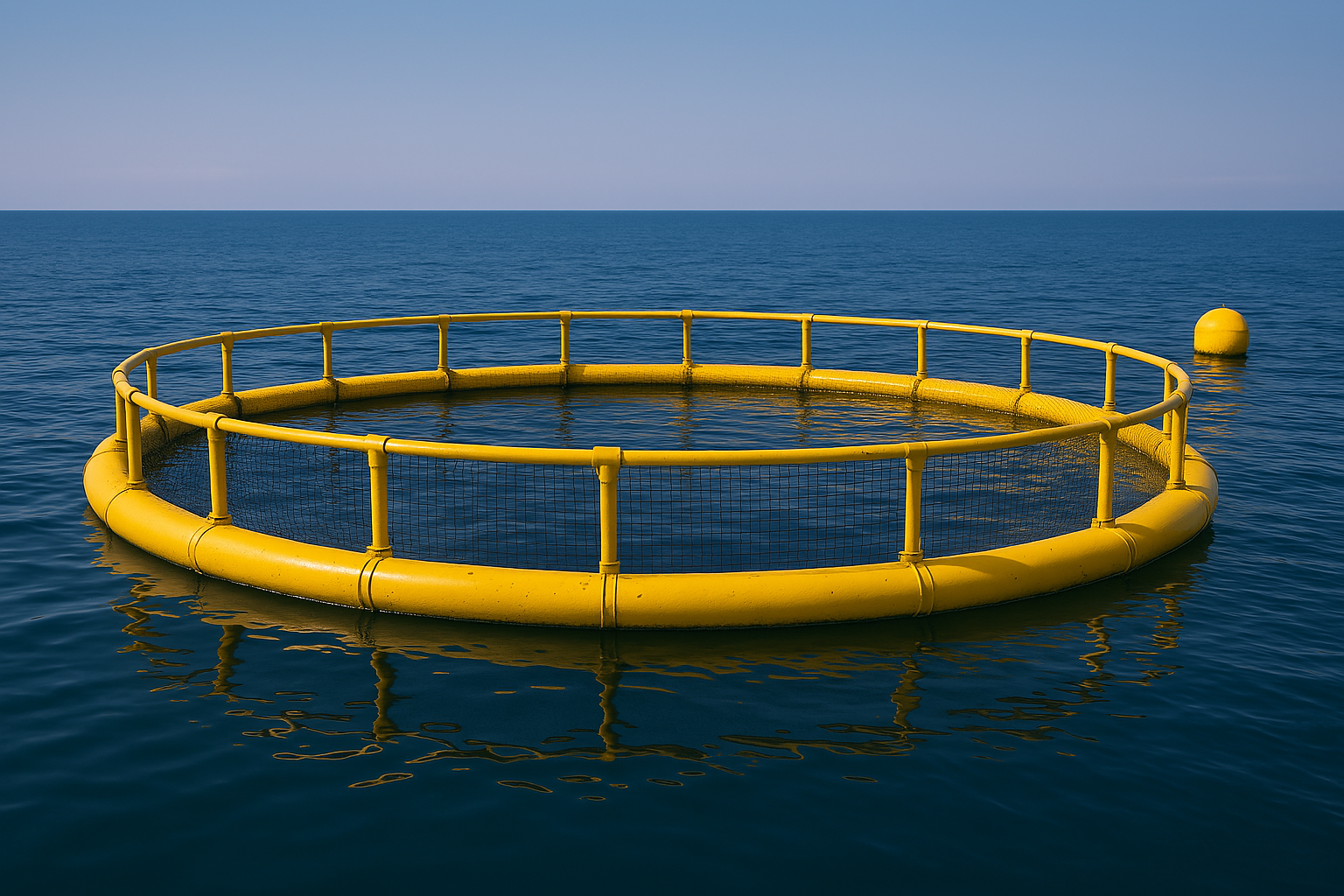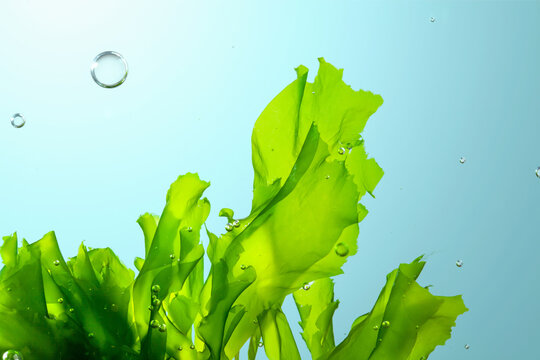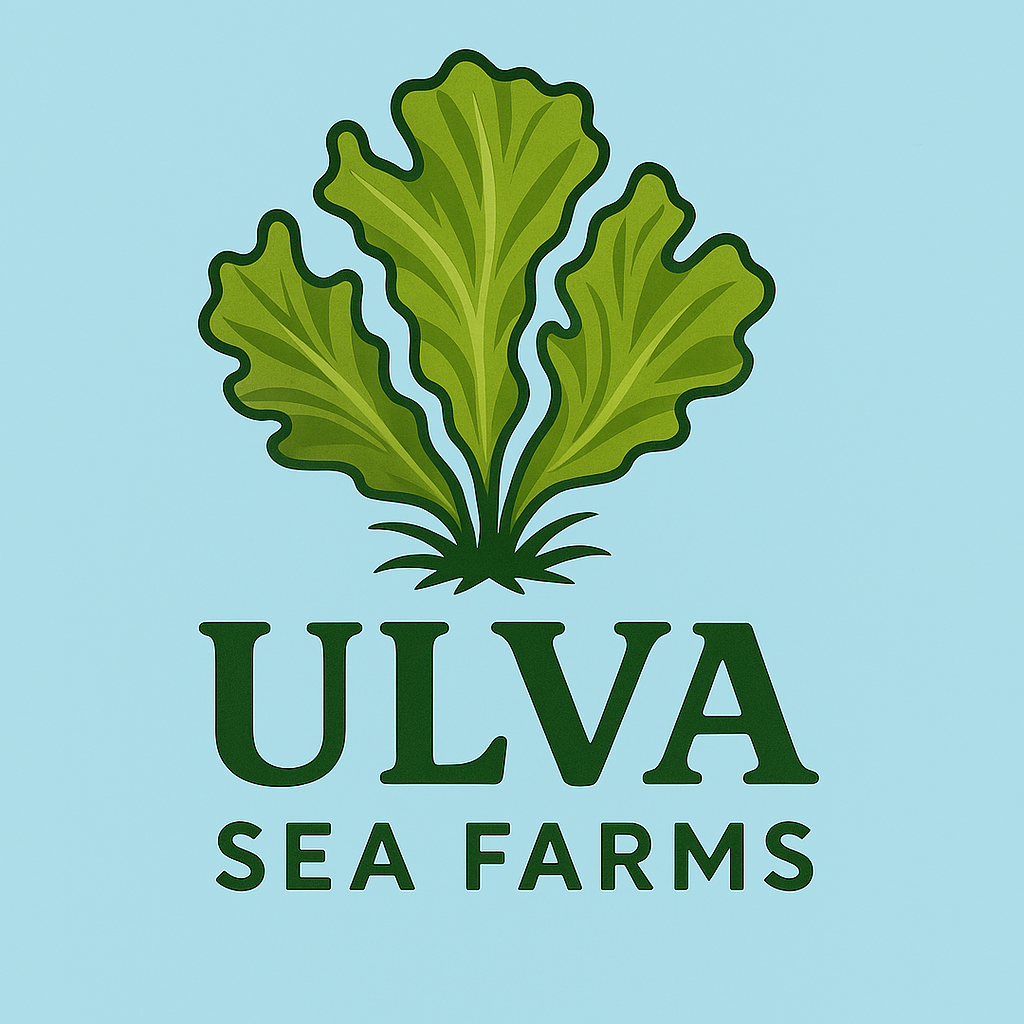Investing in Seaweed farming.
Ethical Sustainable Investments.
Pharmaceutical and medicinal extracts (including polysaccharides with anti-cancer properties and alternatives to man-made antibiotics) Critical minerals or Rare earth elements (REE) captured from ocean water Nutrient-rich food products for humans, animal feed and animal health care.
Investment Opportunities
Option 1: Passive Investment
Starting from £3,500 (five-year term) £1,000 deposit upon signing Estimated returns: £5,000 per year Each Ulva pen yields ~15 tons per six-month cycle, sold at £0.50/kg (wet) We manage your pen and handle sales (5% management fee applies)
Option 2: Start your own Seaweed Farm
We will help you set up and run your own seaweed farm. The price includes fu ll setup with our unique, flexible mooring system The price includes Ulva spores or Kelp lines, all equipment, and licensing support Free expert advice for your first year Starting at £35,000 (£15,000 deposit, balance due before launch)
Option 3: Invest in Polysaccharide and Ulvan Extraction
Ulva Sea Farms are pioneering new methods of extracting Ulvan from two types of Ulva. Our Ultrasound method is far more environmentally friendly than acid or hot water extraction and produces a higher yield. Thus enabling us to produce high-value extracts for pharmaceutical and cosmetic applications Ideal for larger-scale investors seeking high returns
📧
Option 4: Farming of Ulva and Gracilaria off the Tunisian coast.
Learn why investing in Ulva and Gracilaria off Tunisia is a smart investment Explore costs, yields, and ROI. Investments start at just £10,000 to cover five years. Contact us for more details. ulvaseafarms@email.com
🌍 Global Projects
Ulva Sea Farms are pioneering the farming of Ulva intestinalis, a common macroalgae that has an extract with potential to make a natural antibiotic. This would be better for human health and the planet. East Africa: Somalia (community farming), Tunisia and Kenya (commercial Ulva farming) Undisclosed locations for REE extraction

Why Ulva Lactuca?

